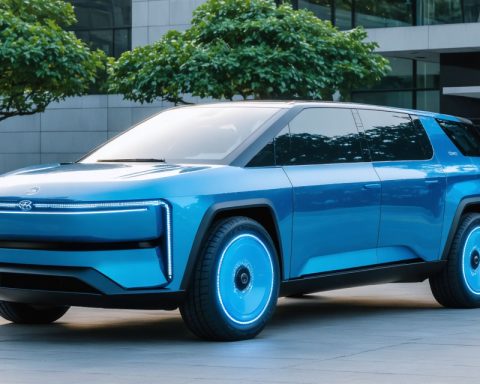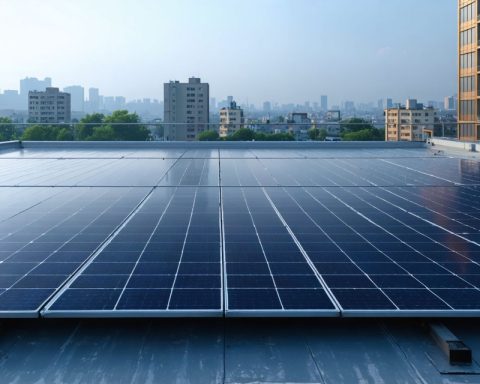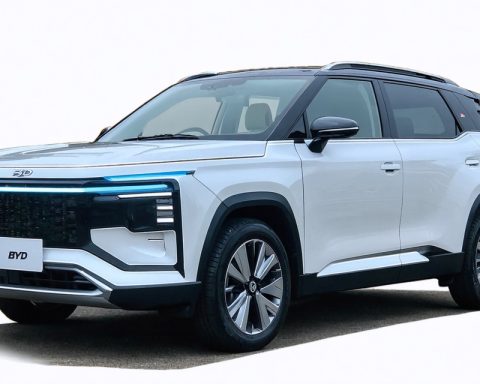- The Indian government has significantly reduced import duties on materials essential for electric vehicle batteries and mobile phones, aiming to enhance domestic manufacturing capabilities.
- A new zero-duty policy applies to 35 items related to electric vehicle battery production and 28 items important for mobile phone assembly.
- This initiative is designed to make components more affordable for local manufacturers, boosting the competitiveness of Indian-made products in global markets.
- India’s strategy prepares the nation to proactively address impending U.S. tariffs while strengthening its tech ecosystem and international trade stance.
- The government is considering further tariff cuts on over half of U.S. imports, easing trade tensions and opening economic pathways with the U.S.
- These measures align with parliamentary recommendations aimed at increasing economic self-reliance and encouraging innovation in key technology sectors.
Amid the buzz and steady hum of New Delhi’s bustling streets, a quiet revolution is underway that promises to reshape India’s tech landscape. The Indian government, with an eye on bolstering its local industries, announced a sweeping reduction in import duties on key materials essential for the production of electric vehicle batteries and mobile phones.
India’s Bold Move: How Reduced Import Duties Could Revolutionize Tech Manufacturing
Understanding the Modern Tech Manufacturing Boom in India
Key Developments in India’s Tech Manufacturing
Real-World Implications and Benefits
Addressing Challenges and Limitations
Actionable Recommendations for Industry Leaders
India’s move to slash import duties on key tech components is a strategic step towards becoming a global tech manufacturing powerhouse. By enhancing local capabilities and nurturing international trade relations, India is well on its way to revolutionize its tech landscape. For more information on India’s economic policies and tech industry trends, visit India.gov.in.














